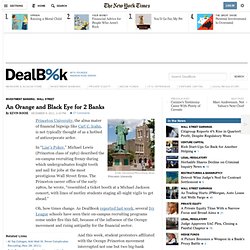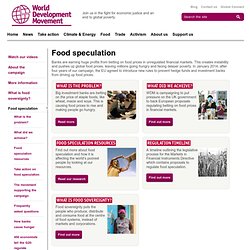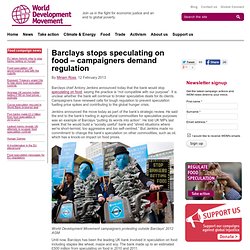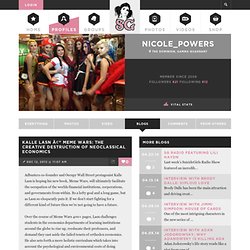

Occupy Wall Street Reaches Princeton University. Emile Wamsteker/Bloomberg NewsPrinceton University Princeton University, the alma mater of financial bigwigs like Carl C.

Icahn, is not typically thought of as a hotbed of anticorporate ardor. In “Liar’s Poker,” Michael Lewis (Princeton class of 1982) described the on-campus recruiting frenzy during which undergraduates fought tooth and nail for jobs at the most prestigious Wall Street firms. The Princeton career office of the early 1980s, he wrote, “resembled a ticket booth at a Michael Jackson concert, with lines of motley students staging all-night vigils to get ahead.”
Oh, how times change. And this week, student protesters affiliated with the Occupy Princeton movement interrupted not one but two big-bank recruiting sessions at the school, typically among the biggest feeder schools for Wall Street firms. According to the Daily Princetonian, Princeton students targeted a JPMorgan Chase session and a Goldman Sachs session this week. JP Morgan-Chase Mic-Checked at Princeton University. Goldman Sachs Anti-Recruitment Session at Princeton University. The Intruders. The Intruders @IntrudersAction... The Intruders crash the Investment Banking Awards in Mayfair. BBC Three - The Revolution Will Be Televised, Episode 6, Barclays. Barclays food speculation. Stop banks increasing food prices: limit commodity speculation & prevent a global food crisis. Banks are earning huge profits from betting on food prices in unregulated financial markets.

This creates instability and pushes up global food prices, leaving millions going hungry and facing deeper poverty. In January 2014, after four years of our campaign, the EU agreed to introduce new rules to prevent hedge funds and investment banks from driving up food prices. What is the problem? Big investment banks are betting on the price of staple foods, like wheat, maize and soya. This is causing food prices to rise and making people go hungry. Read more What did we acheive? WDM is campaigning to put pressure on the UK government to back European proposals regulating betting on food prices in financial markets. Find out more Regulation timeline A timeline outlining the legislative process for the Markets in Financial Instruments Directive which contains proposals to regulate food speculation.
Find out more. Barclays stops speculating on food – campaigners demand regulation. Barclays chief Antony Jenkins announced today that the bank would stop speculating on food, saying the practice is “not compatible with our purpose”.

It is unclear whether the bank will continue to broker speculative deals for its clients. Campaigners have renewed calls for tough regulation to prevent speculation fuelling price spikes and contributing to the global hunger crisis. Jenkins announced the move today as part of the bank’s strategic review. He said the end to the bank’s trading in agricultural commodities for speculative purposes was an example of Barclays “putting its words into action”. He told UK MPs last week that he would build a “socially useful” bank and “shred situations where we're short-termist, too aggressive and too self-centred.” World Development Movement campaigners protesting outside Barclays' 2012 AGM Until now, Barclays has been the leading UK bank involved in speculation on food including staples like wheat, maize and soy.
Kalle Lasn – Meme Wars: The Creative Destruction Of Neoclassical Economics. Adbusters co-founder and Occupy Wall Street protagonist Kalle Lasn is hoping his new book, Meme Wars, will ultimately facilitate the occupation of the worlds financial institutions, corporations, and governments from within.

Its a lofty goal and a long game, but as Lasn so eloquently puts it: If we don't start fighting for a different kind of future then we're not going to have a future. Over the course of Meme Wars 400+ pages, Lasn challenges students in the economics departments of learning institutions around the globe to rise up, reeducate their professors, and demand they cast aside the failed tenets of orthodox economics. He also sets forth a more holistic curriculum which takes into account the psychological and environmental costs of doing business and redefines the concept of wealth to include mental and ecological health. We spoke with Lasn, who was born in Estonia but is Vancouver based, by phone. Nicole Powers: The book is absolutely beautiful, but why call it Meme Wars?
OCCUPY ECON 101.